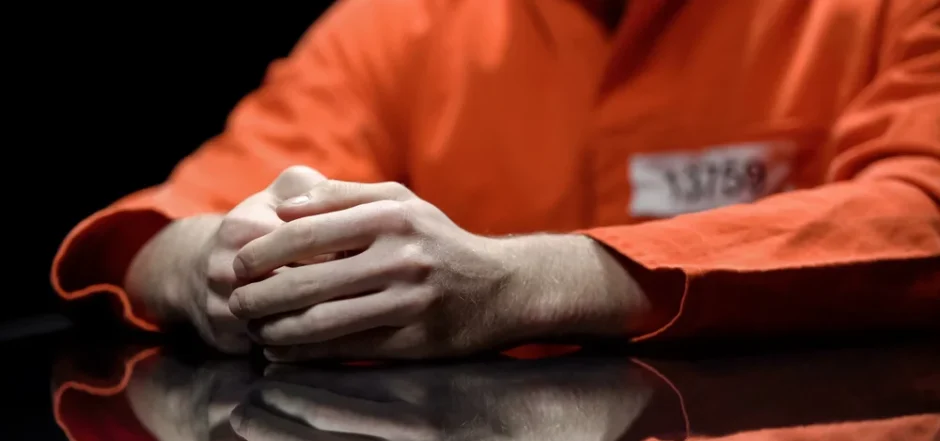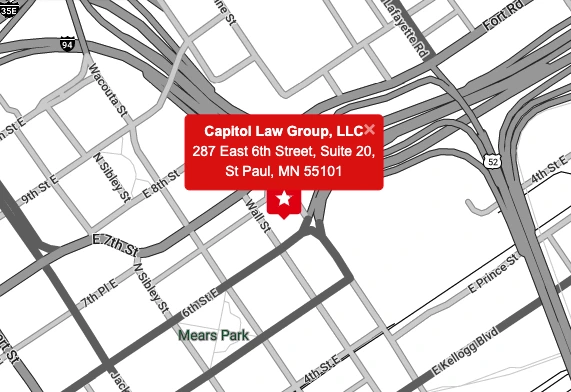DWI FSTs and St. Paul Criminal Defense Attorneys

The DWI Field Sobriety Tests are an important component of almost all these prosecutions. If the defendant provided a chemical sample, the FSTs generally serve as probable cause for the test request. New scientific information about the DWI eye test, and other issues, makes it difficult to establish probable cause unless everything falls the state’s way.
In about 20 percent of these cases. suspects refuse to provide chemical samples. So, Ramsey County prosecutors must generally rely on FST results to convict the defendant beyond a reasonable doubt. That’s a much higher standard than probable cause.
There is a lot at stake. The direct and indirect consequences of a DWI conviction are quite harsh. Altogether, these convictions usually cost Minnesota defendants about $20,000, mostly due to higher auto insurance premiums.
If a St. Paul criminal defense attorney can undermine the FSTs, it’s much easier to successfully resolve these cases. That resolution could be a dismissal of charges, a plea to a lesser-included offense, or a not guilty verdict at trial.
Horizontal Gaze Nystagmus
Generally, officers first administer the DWI eye test. Since police officers usually do not explain the purpose of this test, compliance is usually higher. Recent science has cast even more doubt on a test that was already rather shaky.
Most people have undergone a nystagmus test at one time or another, probably at an eye doctor’s office. Subjects must track moving objects, like a fingertip, using only their eyes. They must keep their heads still. If the subject’s pupils quiver involuntarily at certain angles, the subject probably has nystagmus.
Roadside HGN tests have a number of problems, mostly because of the test environment. The test conditions are completely uncontrolled. Since the sky is usually dark, officers often use extremely bright “take-down” lights to illuminate the area. Additionally, the flashing squad car lights in the background disorient suspects.
The results themselves are questionable as well. Nystagmus is also known as lazy eye. Many people have lazy eyes, but the symptoms are so mild they do not know it. In addition to pre-existing condition, St. Paul criminal defense attorneys can also argue that something other than intoxication caused the defendant’s nystagmus. Other causes include genetic abnormality, childhood brain injury, and certain medical conditions.
Because of these weaknesses, many Ramsey County jurors only admit HGN results for limited purposes. So, this test is a poor foundation for the remainder of the FSTs.
Walk and Turn
The WAT is perhaps the signature DWI field test. To complete this test, which is also known as the HTW (heel to toe walk), subjects must walk a straight line heel to toe forward and backward. During the test, officers look for intoxication clues, such as:
- Beginning the test before the officer says “start,”
- Not starting with the correct foot,
- Failure to walk heel to toe,
- Falling off the line,
- Using arms for balance,
- Swaying,
- Taking the wrong number of steps, and
- Ending the test before the officer says “stop.”
Once again, environmental factors affect this test. It’s very difficult to walk a straight line in the dark, especially if there is no visible line, such as a fire lane stripe. It’s also difficult to successfully complete this test unless the defendant is wearing athletic shoes. Many DWI defendants wear sandals, flip-flops, cowboy boots, or dress shoes. Officers usually give such people the option of removing their shoes, but in a Minnesota winter, that’s typically not an option.
St. Paul Criminal Defense Attorneys and the One-Leg Stand
The OLS is a lot like the WAT. Defendants must elevate one leg about forty-five degrees and stand on the other leg for about fifteen seconds. During this time, they must stand perfectly still. If defendants move ever so slightly, officers will testify that they “failed” the OLS.
Also like the WAT, the OLS is a divided attention test which measures both physical dexterity and mental acuity. Failure to follow directions to the “t” will also result in a failing grade.
Many St. Paul criminal defense attorneys argue that it’s impossible for people with any mobility impairment to stand on one leg. Additionally, officers usually administer this test last, so defendants are physically and mentally fatigued. That fatigue usually affects the results.
Portable Breathalyzer
In Minnesota, the three-test battery has an additional component. Officers use mini Breathalyzers to measure the defendant’s BAC level. The defendant has an absolute right to refuse this test, along with the other FSTs. Mandatory drivers’ license suspension only applies if the defendant refuses the standard Breathalyzer test.
Breathalyzers in general, and cheaper portable Breathalyzers in particular, have a number of flaws. Some flaws which St. Paul criminal defense attorneys often leverage both in trial and during plea negotiations include:
- Inaccurate ethanol particle count,
- Failure to adjust the gadget for temperature differences,
- Defendant’s acetone level,
- Presence of mouth alcohol, and
- Adding unabsorbed alcohol to the BAC estimate.
To drive home these flaws with jurors, many St. Paul criminal defense attorneys partner with degreed chemists or other such individuals.
Connect with Experienced Attorneys
The DWI FSTs have some serious flaws. For a free consultation with an experienced St. Paul criminal defense attorney, contact Capitol City Law Group, LLC. Go online now, call us at 651-705-8580, or stop by 287 6th St E, Suite 20, St Paul, MN 55101.




